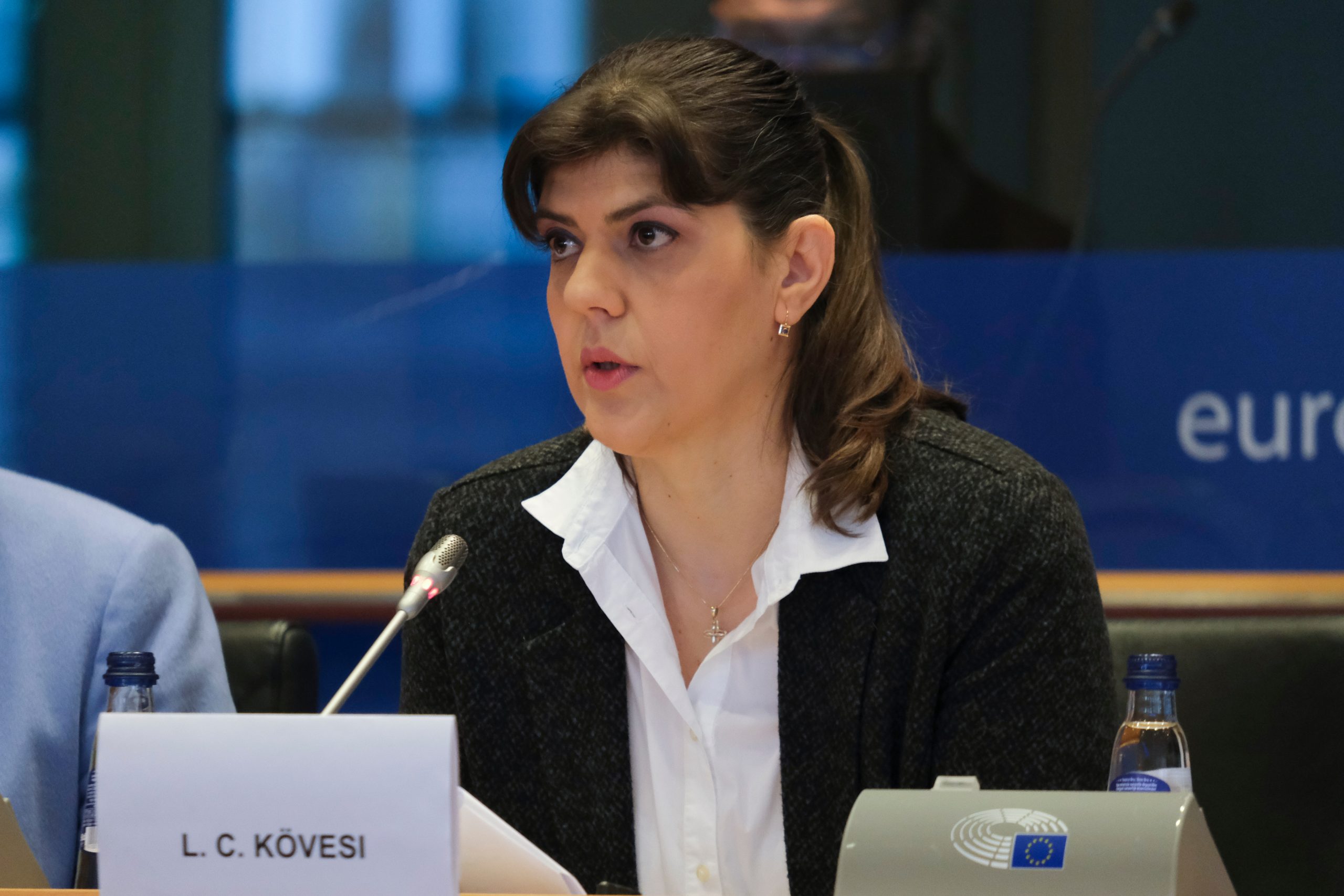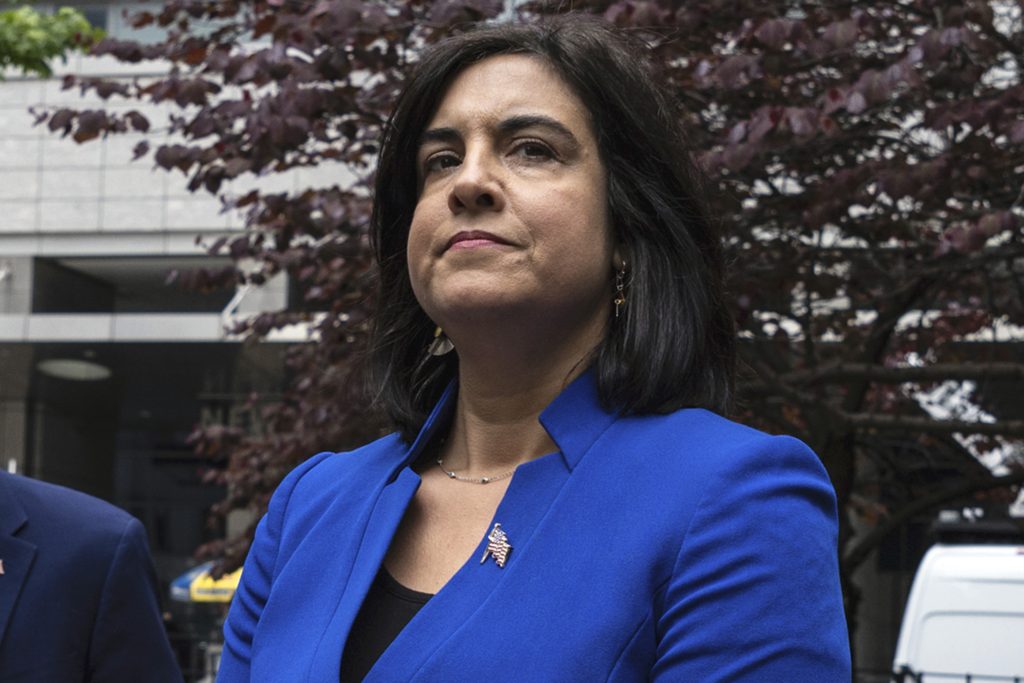The much-discussed statements by the European Chief Prosecutor, Laura Kövesi, on the investigation being conducted by her office, the EPPO, into Contract 717 for the remote railway traffic control system, the Tempi tragedy, and the law on ministerial responsibility have provoked a series of reactions.
Yesterday, we heard Kövesi comment on this issue in response to a question asked by MEP Sophie in ‘t Veld during a session of the LIBE Committee in the European Parliament. As the prosecutor said, the investigation, which was launched last year, has led to dozens of prosecutions, though “unfortunately, we have been unable to bring prosecutions against two former cabinet members.” She was seemingly referring to the former Transport Ministers Christos Spirtzis and Kostas Karamanlis, whose EPPO dossiers are now gathering dust in some drawer in the Hellenic Parliament. She insisted in her statements that “this is not a personal issue.” Nor does it exclusively concern Greece, since she has made similar statements in reference to other countries. In fact, she clarified that it is part of the EPPO’s mission to note every occasion on which the national legislation of a member state contradicts EU law, and to report them to the EU institutions. And laws like our own legislation on ministerial responsibility are a case in point. And, since a lot of truly nonsensical things have been said: no, Kövesi isn’t picking on Greece…
Two notes
Kövesi did refer to Tempi twice more. First, she reiterated her belief that justice must be done in relation to traumatic incidents like this. She also cited the case of the non-existent remote traffic control system as an example of corruption and inefficiency having fatal results.



